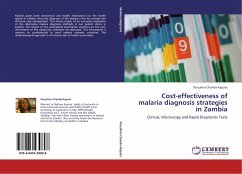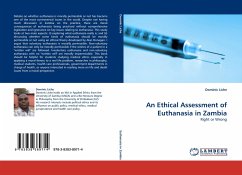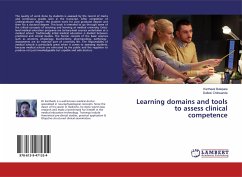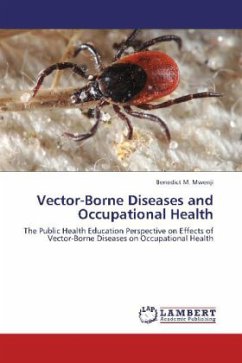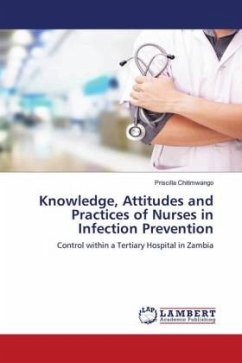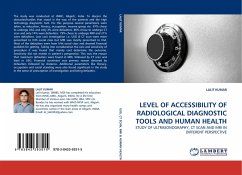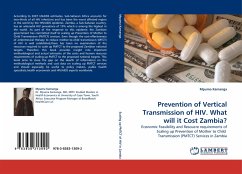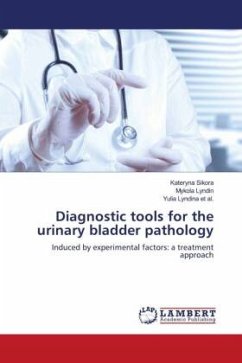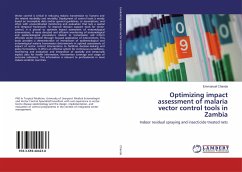
Optimizing impact assessment of malaria vector control tools in Zambia
Indoor residual spraying and insecticide treated nets
Versandkostenfrei!
Versandfertig in 6-10 Tagen
51,99 €
inkl. MwSt.

PAYBACK Punkte
26 °P sammeln!
Vector control is critical in reducing malaria transmission to humans and the related morbidity and mortality. Deployment of control tools is mostly based on incomplete data and/or general guidelines, or assumptions, and often with uncoordinated monitoring and evaluation that lack a spatial and temporal framework. To improve decision support tools for vector control, it is pivotal to optimize impact assessment of entomological interventions. A more directed and efficient monitoring of entomological and epidemiological parameters related to transmission will inform effective vector control thro...
Vector control is critical in reducing malaria transmission to humans and the related morbidity and mortality. Deployment of control tools is mostly based on incomplete data and/or general guidelines, or assumptions, and often with uncoordinated monitoring and evaluation that lack a spatial and temporal framework. To improve decision support tools for vector control, it is pivotal to optimize impact assessment of entomological interventions. A more directed and efficient monitoring of entomological and epidemiological parameters related to transmission will inform effective vector control through focused application of interventions. This book provides a demonstration of interactions of epidemiological and entomological malaria transmission determinants in optimal assessments of impact of vector control interventions to facilitate decision-making and policy formulation. It offers an effective system for continuous surveillance, monitoring and evaluation and integration of spatially and temporally explicit data for health information, intervention coverage and usage of outcome indicators. This information is relevant to professionals in most malaria endemic countries.



